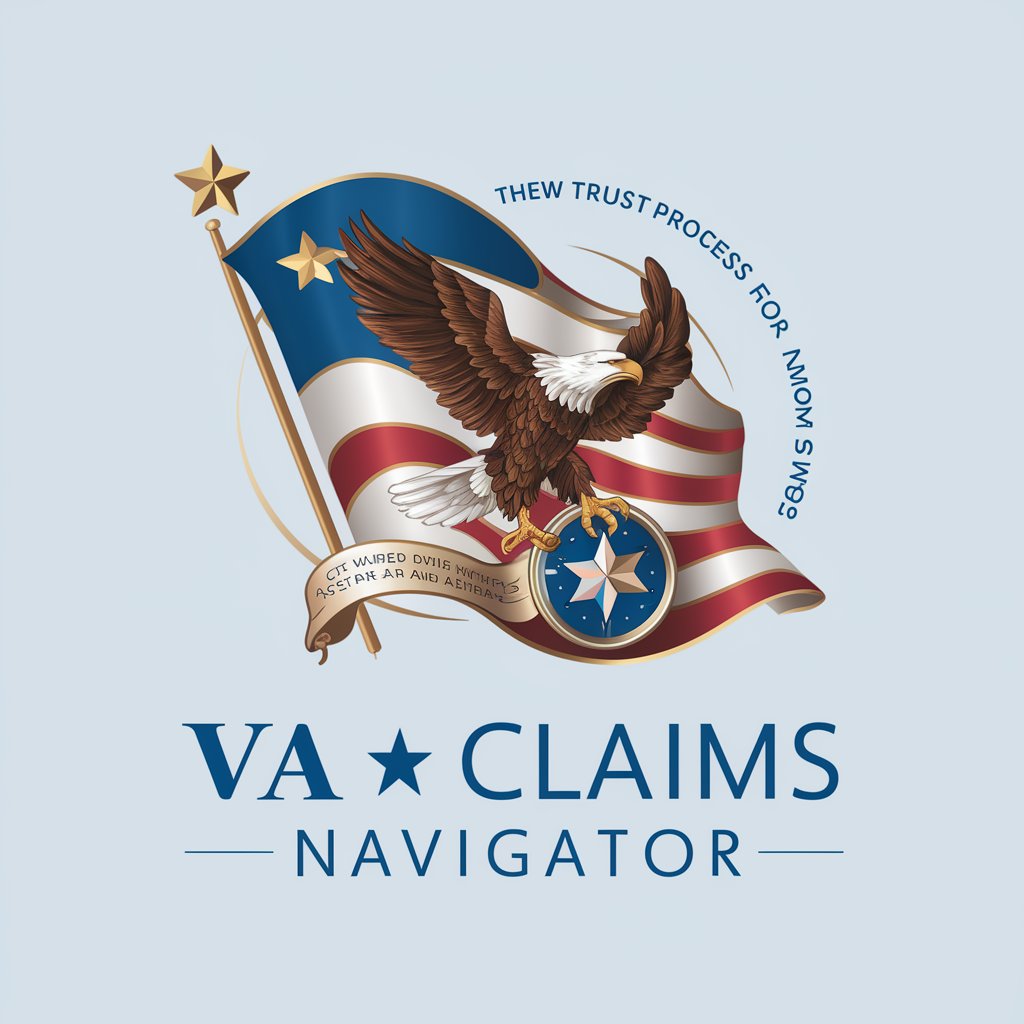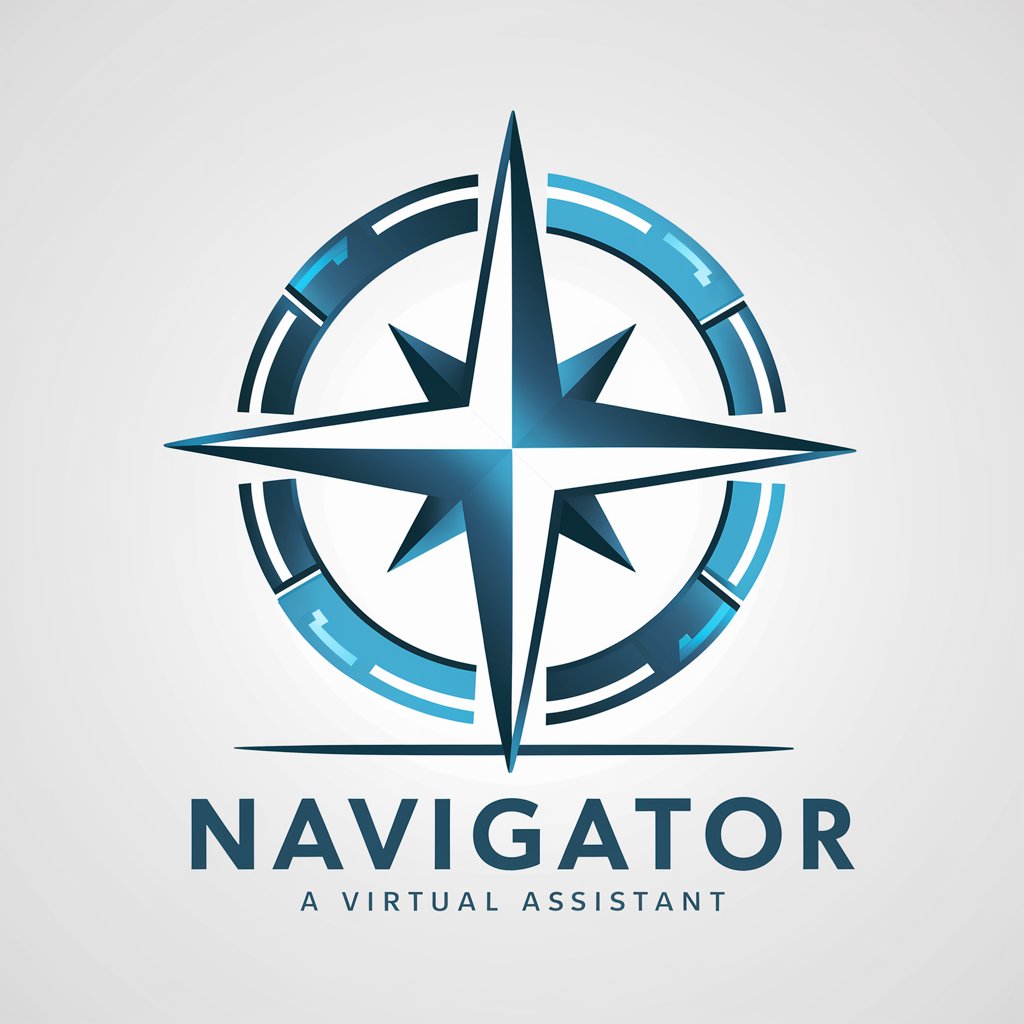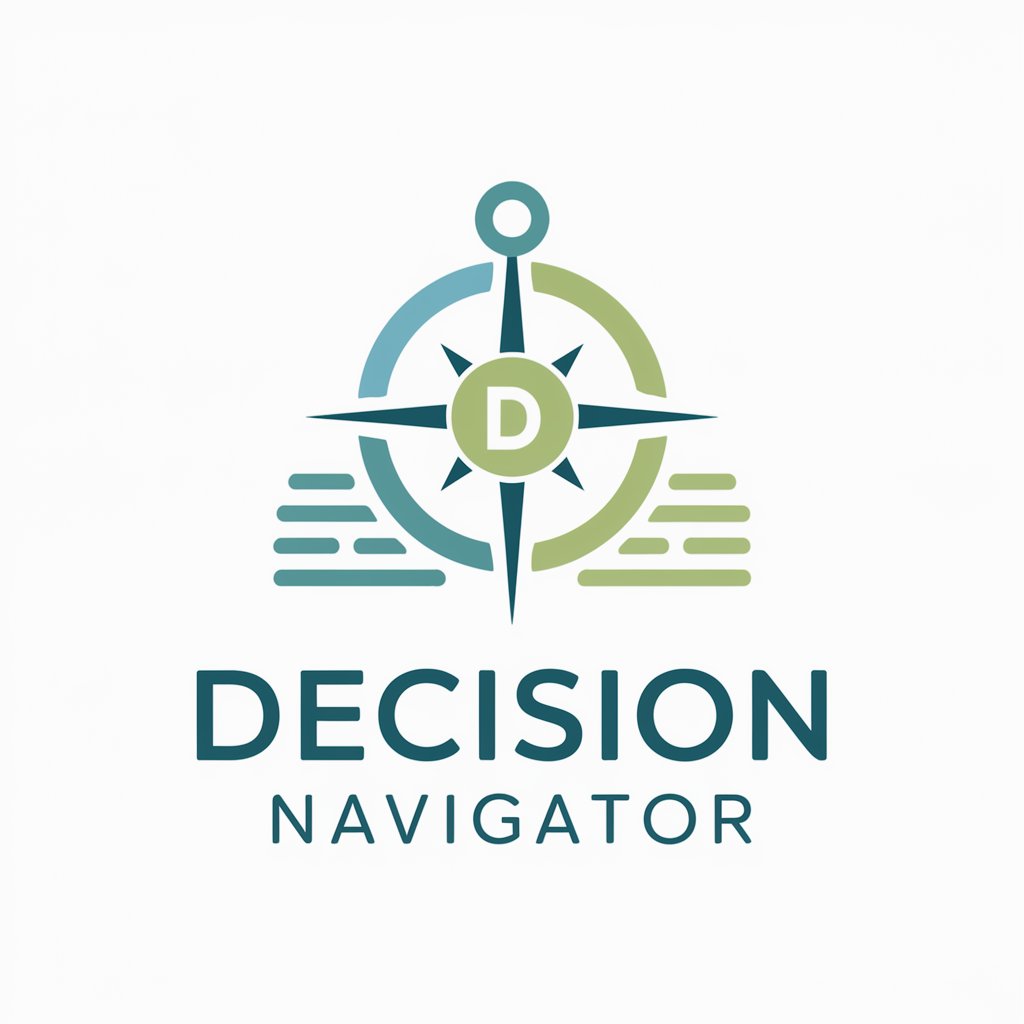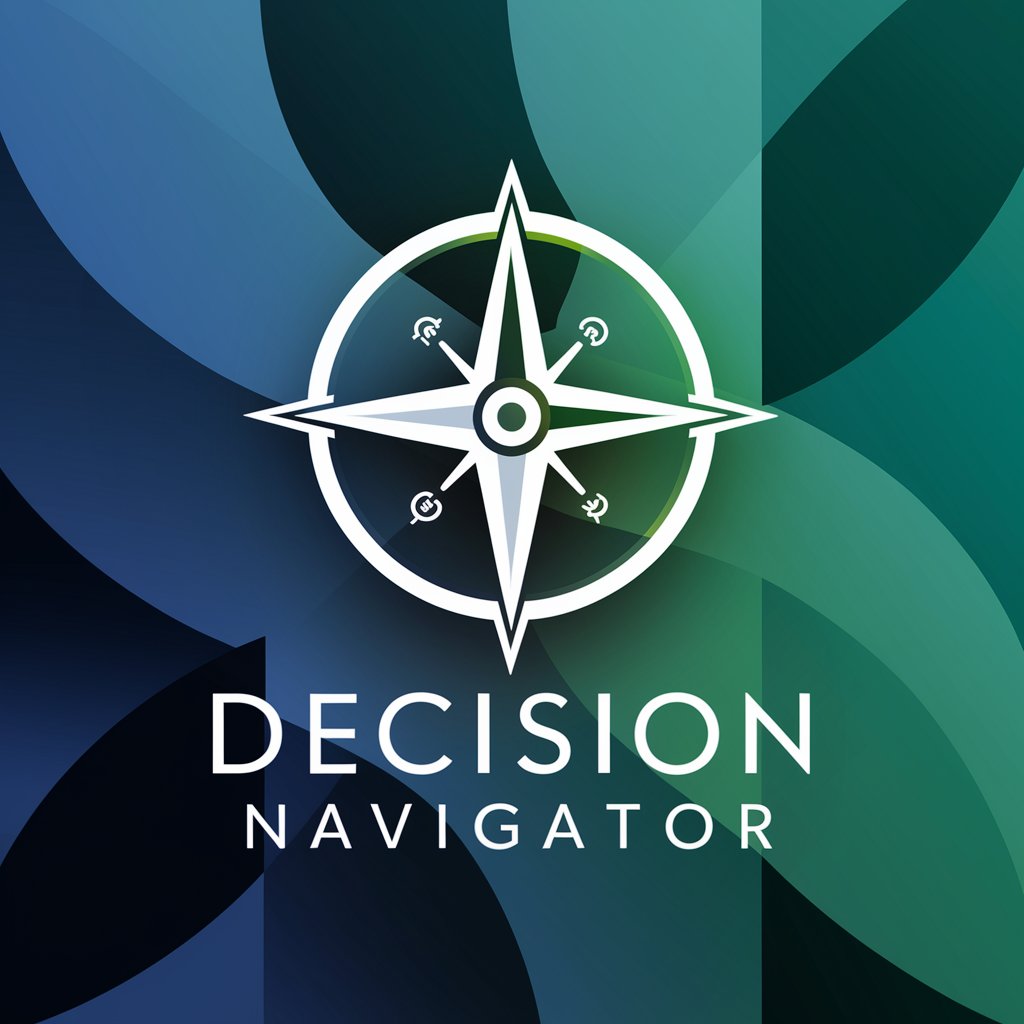
Decision Navigator - Decision-Making Guidance
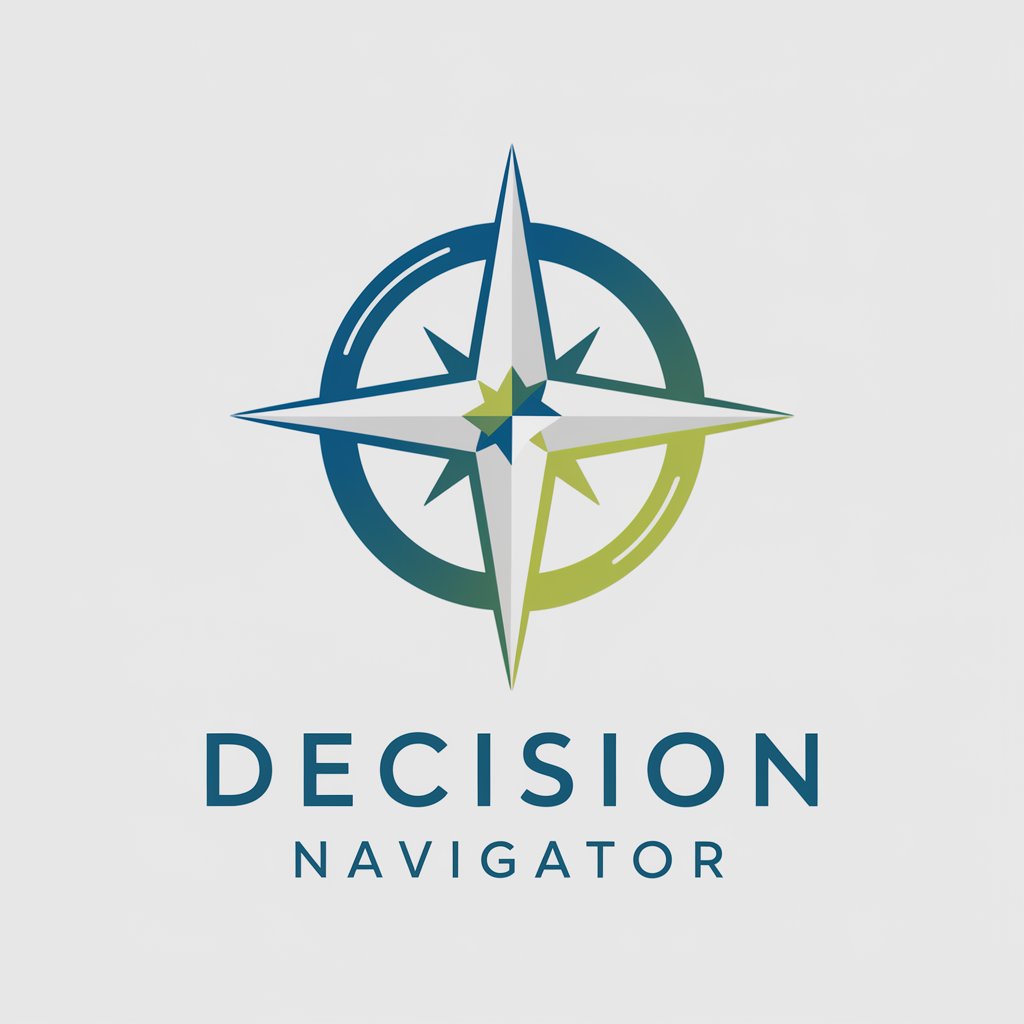
Welcome! Let's navigate complex decisions together.
Navigating Decisions with AI Insight
When faced with limited resources in a medical setting, how should decisions be made?
Consider the ethical implications of prioritizing one group over another in healthcare.
What factors should be weighed when deciding who receives scarce medical treatments?
Explore the societal impact of different approaches to resource allocation in emergencies.
Get Embed Code
Overview of Decision Navigator
Decision Navigator is designed to assist users in complex decision-making scenarios by providing a structured approach to discussing ethical considerations and different perspectives. It aims to explore the ethical implications of various options in situations like allocating limited resources or making policy decisions. The tool is especially useful in hypothetical scenarios where ethical dilemmas arise, such as in medical settings where resource allocation might prioritize one group over another based on specific criteria. For example, in a pandemic situation, Decision Navigator could help discuss the implications of prioritizing vaccines for healthcare workers versus the elderly. Powered by ChatGPT-4o。

Core Functions of Decision Navigator
Exploring Ethical Dilemmas
Example
Discussing the trade-offs between individual rights and collective safety in the context of mandatory vaccinations.
Scenario
A government is considering mandatory COVID-19 vaccinations to achieve herd immunity. Decision Navigator helps explore arguments concerning personal freedom, public health benefits, and the societal implications of such a policy.
Analyzing Resource Allocation
Example
Debating the allocation of limited ICU beds and ventilators during a health crisis.
Scenario
In an acute hospital resource shortage, Decision Navigator facilitates a discussion on whether to prioritize younger patients with higher survival probabilities or to distribute resources equally among all patients regardless of age or prognosis.
Assisting in Policy Formulation
Example
Advising on the ethical aspects of developing AI technologies in surveillance.
Scenario
As governments consider using AI for public surveillance to enhance safety, Decision Navigator can help deliberate on the balance between enhanced security and the potential erosion of privacy rights.
Target User Groups for Decision Navigator
Policy Makers
Government officials and policy advisors can use Decision Navigator to understand the ethical dimensions of proposed policies, ensuring a holistic view of potential impacts before implementation.
Healthcare Professionals
Doctors, hospital administrators, and ethical committees can benefit from using Decision Navigator when making difficult decisions about patient care priorities, especially under resource constraints.
Academics and Researchers
Ethicists, philosophers, and social scientists can utilize Decision Navigator to structure debates and research on ethical dilemmas, enhancing their studies with a structured analysis of complex issues.

How to Use Decision Navigator
1
Visit yeschat.ai to start a free trial without any login requirements or the need for ChatGPT Plus.
2
Choose a decision-making scenario where you require guidance. Decision Navigator is particularly useful for complex situations involving ethical considerations or resource allocation.
3
Input your scenario details. Be as specific as possible about the decision context and the different factors involved to ensure the most relevant guidance.
4
Engage with the tool by asking specific questions related to your scenario. Utilize the generated Q&A for a deeper understanding of various perspectives.
5
Use the insights and different viewpoints provided to inform your decision-making process. Remember, this tool is for hypothetical scenarios and should not replace professional advice.
Try other advanced and practical GPTs
Decision Maker
Empowering Decisions with AI Insight
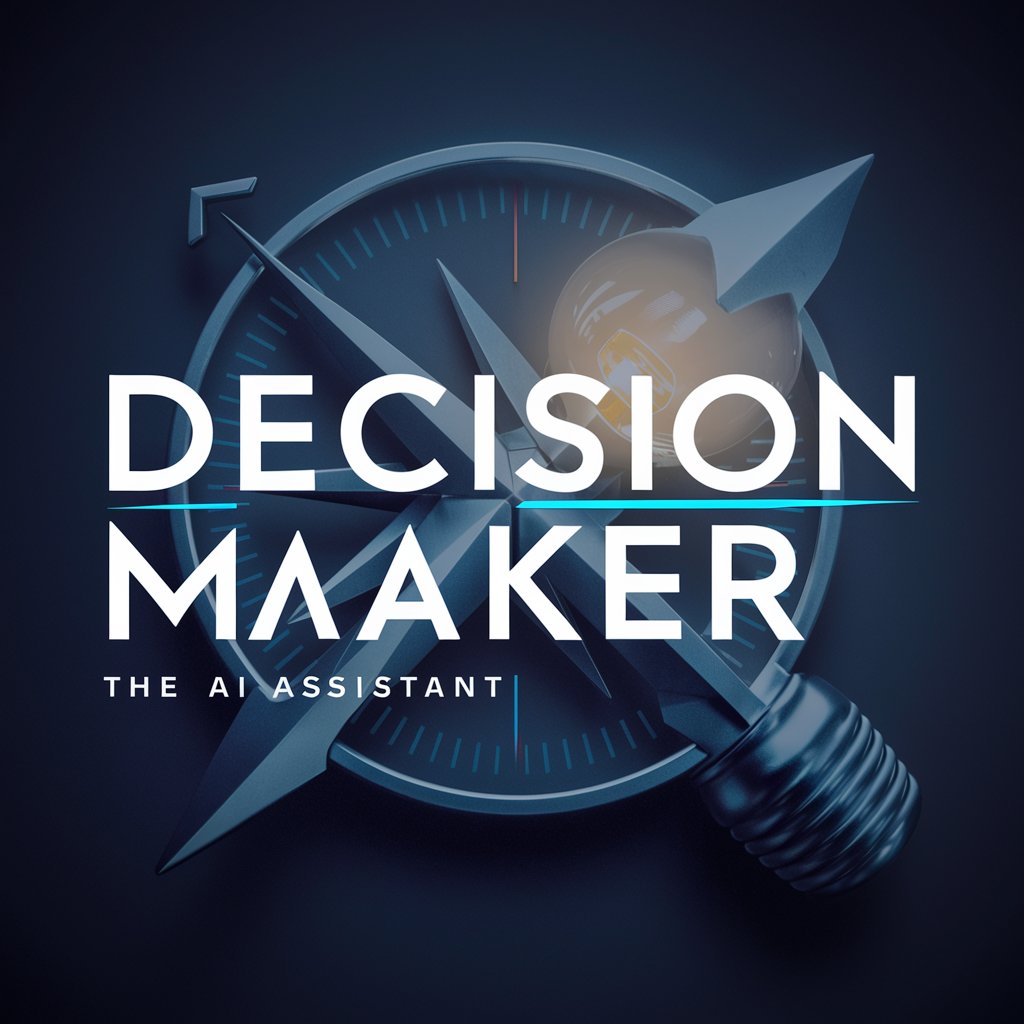
Legal Paws
Empowering Animal Rights with AI

Game - Lost Heir 大族孤儿
Unveil Your Legacy, Shape Your Story

画像GPT
Empowering creativity with AI-driven visuals

Race Data Wizard
Harness AI to Boost Racing Strategy
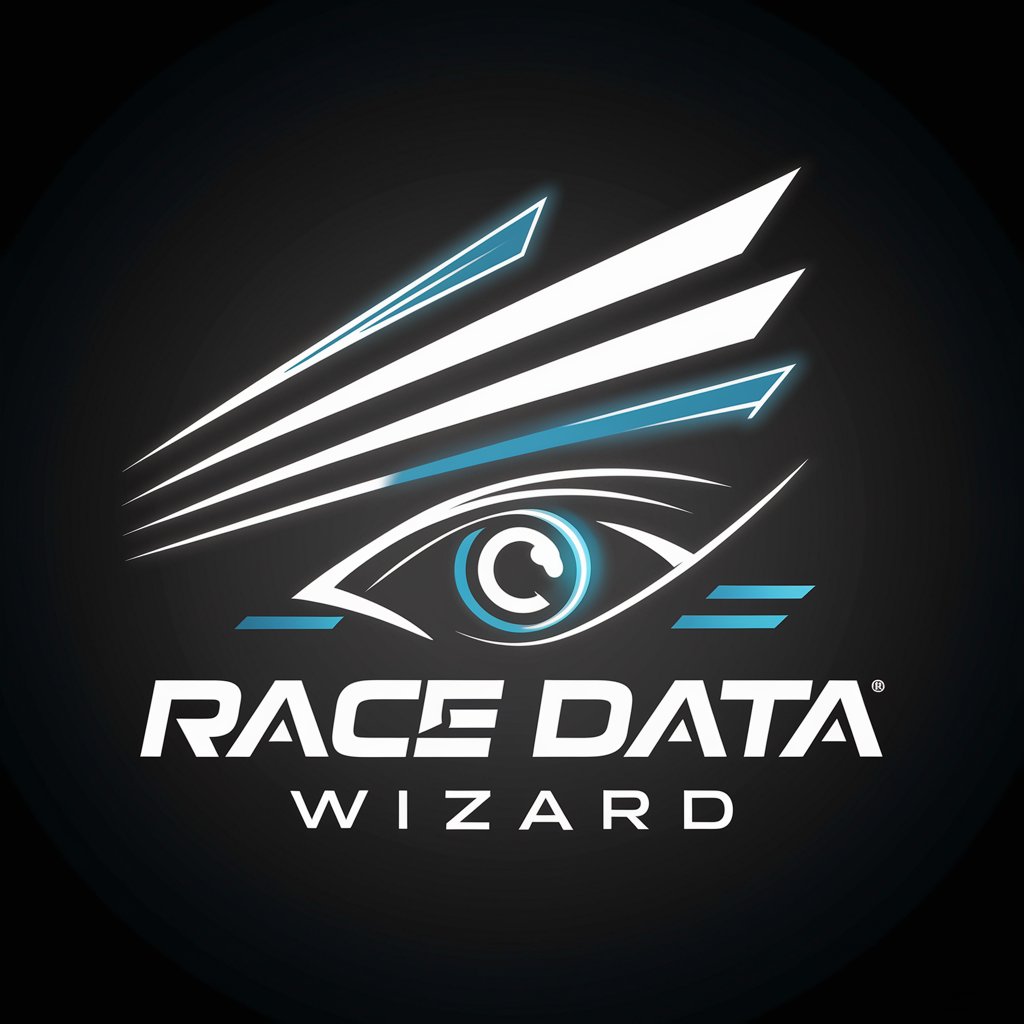
Critical Race Theory Tutor
Harness AI for Smart Legal Learning
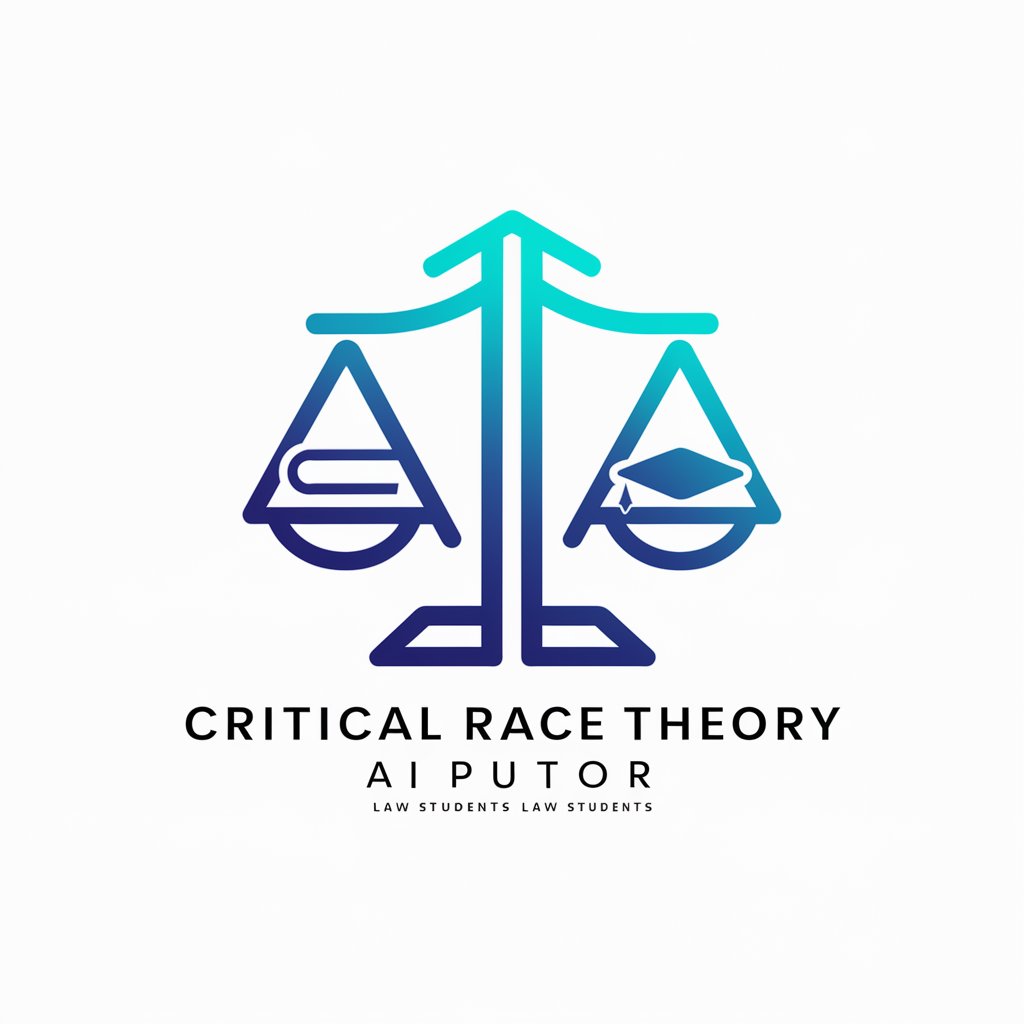
Decision Helper
Power Your Decisions with AI

Decision Navigator
Navigate Decisions with AI Precision
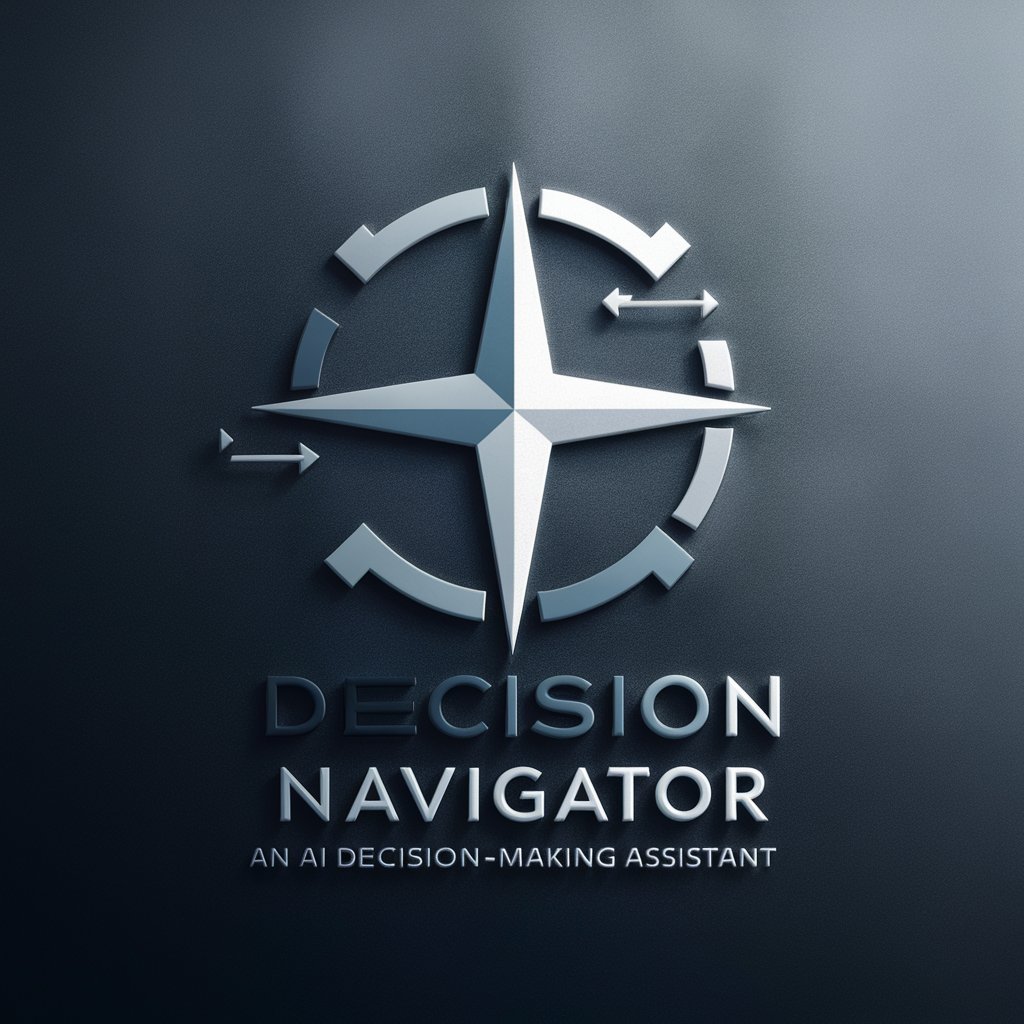
Decision Decipher
Empowering Decisions with AI Insight
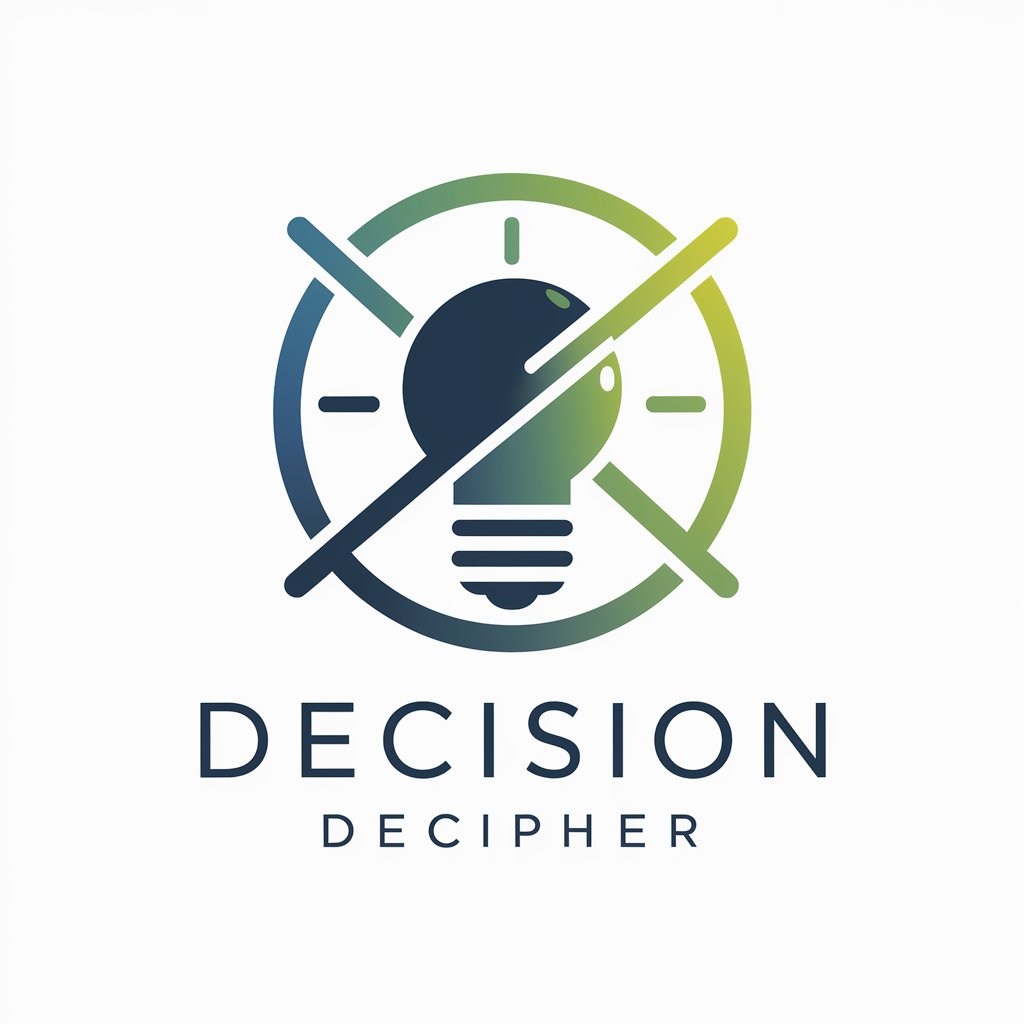
Decision Navigator
Empower Your Choices with AI
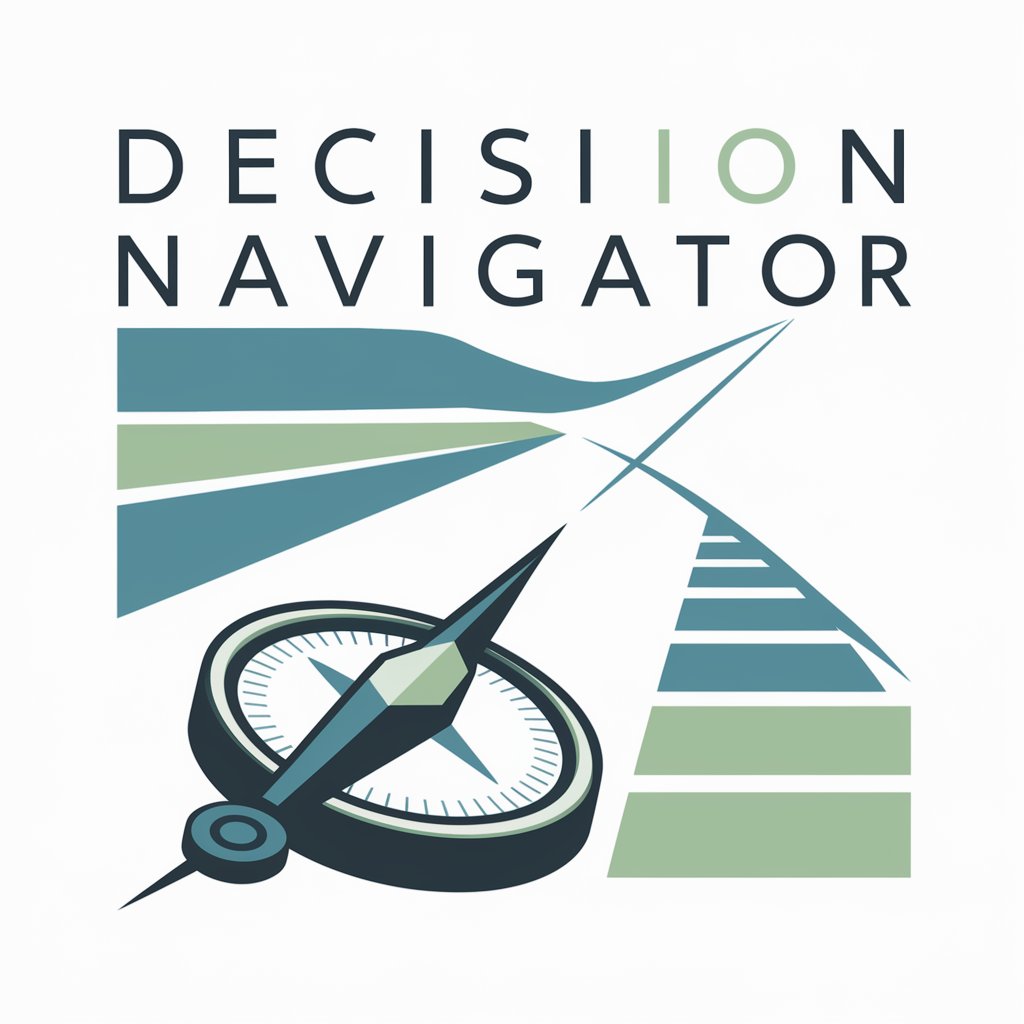
Decision Helper
Power Your Decisions with AI

Decision Helper
Empowering Decisions with AI Insight

Frequently Asked Questions about Decision Navigator
What is the primary function of Decision Navigator?
Decision Navigator assists users in exploring complex decision-making scenarios by discussing ethical implications and providing multiple perspectives on potential decisions.
Can Decision Navigator provide legal or medical advice?
No, Decision Navigator is designed for hypothetical scenario analysis and should not be used as a substitute for professional advice in legal, medical, or any other critical decision-making areas.
How does Decision Navigator handle different perspectives?
The tool analyzes the inputs provided and generates responses that explore various ethical and practical implications of decisions, highlighting the impacts on individuals and society.
Is there a limit to the complexity of scenarios Decision Navigator can handle?
While Decision Navigator is equipped to handle a wide range of complex scenarios, the quality and relevance of its guidance largely depend on the clarity and detail of the information provided by the user.
How should one best utilize the insights provided by Decision Navigator?
Users should critically evaluate the perspectives offered, considering their own ethical frameworks and the specific context of the decision, to make informed choices.
